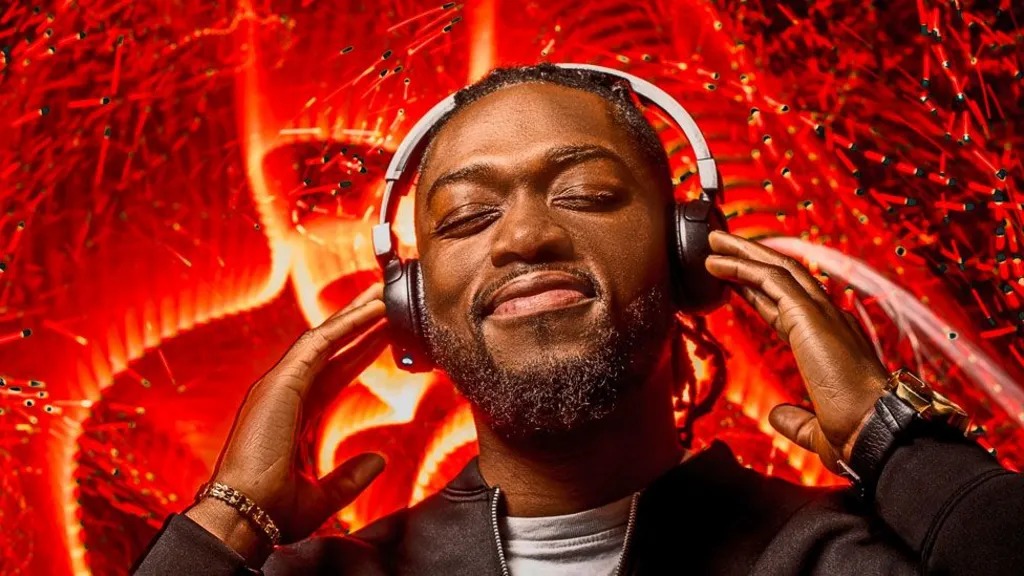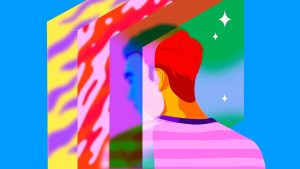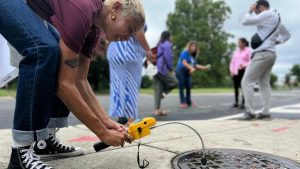
The Role of AI in African Music
Opportunities Presented by AI
AI offers significant opportunities for African music, including creative tools and better marketing avenues. Nigerian musician and producer Eclipse Nkasi, creator of the AI-powered virtual singer Mya Blue, views AI as a chance to push boundaries.
Nkasi believes that Africa’s early stage in AI adoption may allow the continent to experiment and develop unique applications of the technology. For instance, his AI-powered album, Infinite Echoes, demonstrates how AI can be used creatively without replacing human input.
Challenges in AI Adoption
However, challenges persist. Many African musicians fear cultural appropriation, as AI can replicate African sounds without acknowledging their origins. Kenyan producer Tabu Osusa warns that unregulated AI sampling could exploit traditional music and leave rural artists without compensation.
Cultural and Ethical Concerns
The Threat of Cultural Homogenization
AI systems often rely on Western-biased datasets, which can dilute Africa’s cultural diversity. South African artist Tyla’s critique of Western awards grouping African music under “Afrobeats” highlights this issue. AI could perpetuate such oversimplifications if not tailored to Africa’s diverse musical landscape.
Copyright and Ownership Issues
Copyright laws in Africa, already insufficient, are ill-equipped for the AI era. Musicians face the risk of their work being pirated or used without proper credit. Ngobi, a researcher at Creatives Garage, emphasizes the need for updated legislation to protect artists from exploitation.
How AI Could Benefit African Music
Preserving Heritage with AI
Companies like Josplay, led by Emmanuel Ogala, are using AI to archive Africa’s diverse music. This approach can combat the homogenization of African sounds and introduce global audiences to lesser-known genres, such as amapiano from South Africa.
Accessible Creative Tools
AI tools can democratize music production by providing cheaper alternatives for marketing and design. However, accessibility remains an issue for musicians in areas without reliable internet or technology. Ngobi warns that without investments in infrastructure, many African artists could be excluded.
What Needs to Change?
For African music to thrive alongside AI, several key changes are necessary:
- Investment in Data Infrastructure:
Better datasets representing African music are needed to ensure AI tools accurately reflect the continent’s diversity. - Updated Copyright Laws:
Legislators must address AI’s impact on intellectual property to protect African artists from exploitation. - Increased Funding:
Startups like Josplay require financial support to build tools that benefit African musicians.
Conclusion: Embracing AI for the Future of African Music
The future of African music depends on how the continent navigates the challenges and opportunities presented by AI. While fears of cultural appropriation and exploitation are valid, embracing AI could help Africa preserve its rich musical heritage and compete on the global stage.
As Nkasi’s virtual singer Mya Blue dreams of resonating with hearts through music, the African music industry must ensure that its artists retain control over their talent and culture in an increasingly AI-driven world.
External Link: BBC
Internal Link: Kenkou Land





